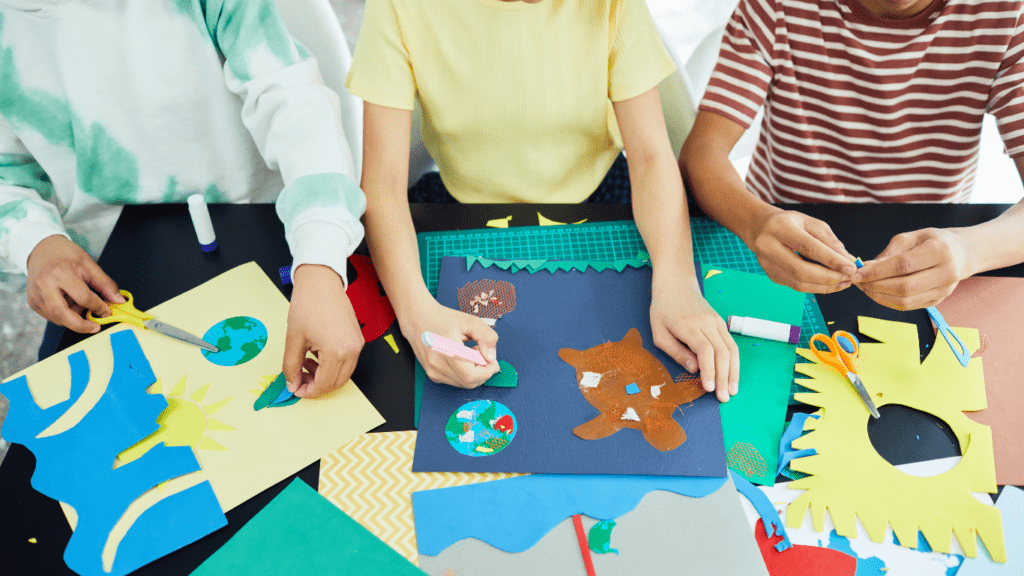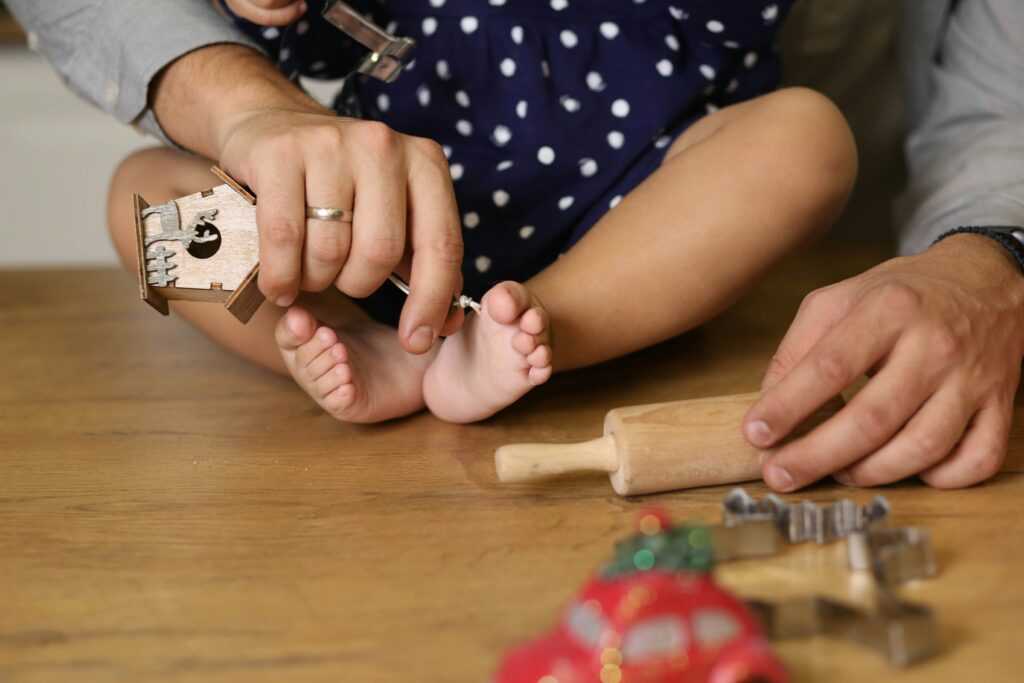Understanding the Connection Between Gaming and Problem-Solving
Gaming involves complex interactions that engage children’s cognitive abilities. Research shows that certain games boost problem-solving skills by requiring strategic thinking and adaptive responses.
The Impact of Video Games on Cognitive Development
Video games foster cognitive growth by challenging players with new scenarios and puzzles. Studies from the American Psychological
Association show that gaming enhances spatial skills, memory, and attention.
Kids learn to process information quickly and improve hand-eye coordination.
Types of Games that Enhance Problem-Solving Skills
- Strategic and puzzle games top the list of genres that boost problem-solving.
- Titles like “Minecraft,” “Portal,” and “Civilization” require planning and resource management.
- Role-playing games (RPGs) like “The Legend of Zelda” and “Final Fantasy” promote critical thinking through complex storylines and goal-oriented tasks.
Analyzing Key Studies on Gaming and Children’s Cognitive Skills
Examining research on gaming and children’s cognitive functions reveals significant insights. These studies illuminate the impact of video games on various cognitive abilities.
Research Findings on Video Games and Cognitive Functions
Research has consistently shown that video games improve multiple cognitive skills in children.
A study by the American Psychological Association found that action games like “Call of Duty” enhance spatial skills, strategic thinking, and perceptual accuracy.
Researchers observed that players demonstrate improved hand-eye coordination and faster reaction times.
Another research, conducted by the University of Geneva, confirms the positive correlation between gaming and problem-solving abilities.
Children who played strategy games, like “StarCraft,” exhibited better task-switching capabilities and adaptive planning.
Further studies from the Journal of Educational Psychology suggest that puzzle-based games, such as “Tetris,” can bolster spatial visualization and mental rotation abilities.
Case Studies: Success Stories and Concerns
Several case studies underscore the beneficial effects of gaming on children’s cognitive development.
For instance, a 2018 study highlighted children who played “Portal 2” showed significant improvements in problem-solving skills compared to those who played traditional educational games.
These kids displayed enhanced creative thinking and logical reasoning.
On the other hand, concerns exist regarding the potential negative impacts of excessive gaming. A case study published in Pediatrics pointed out that prolonged gaming might lead to decreased academic performance and attention-related issues in some children.
Experts argue that balancing gaming time with other activities is crucial to mitigate adverse effects.
While evidence supports the cognitive benefits of video gaming, it is important to monitor and regulate gaming habits to ensure positive outcomes for children.
Strategies to Enhance Problem-Solving Through Games

Enhancing children’s problem-solving skills through gaming requires selecting appropriate games and integrating them effectively into educational contexts.
Choosing the Right Games for Skill Development
Selecting games that enhance cognitive skills is crucial. Titles like “Minecraft,” “Portal,” and “Civilization” offer challenging puzzles and strategic scenarios that boost problem-solving abilities.
For example, “Minecraft” teaches resource management, while “Portal” focuses on physics-based puzzles. Adventure games like “The Legend of Zelda” encourage critical thinking, as players solve complex puzzles and navigate intricate environments.
Ensure the game aligns with the child’s age and skill level to maximize educational benefits.
Integrating Gaming into Educational Contexts
Incorporating gaming into education optimizes their cognitive potential. Educators can use games as teaching tools in subjects like mathematics, science, and history.
For instance, “Civilization” can complement history lessons by helping students understand historical contexts and strategic decision-making.
Teachers might also utilize game-based learning platforms like “Kahoot!” and “Prodigy” to make learning interactive and engaging.
Providing structured gaming sessions and discussing game strategies in class can further enhance problem-solving and collaborative skills.
Parental Guidance and Screen Time Management
Parental involvement in managing children’s screen time is crucial for ensuring a healthy balance between gaming and other activities essential for cognitive development.
Balancing Gaming with Other Activities
Children’s gaming habits should not overshadow other essential activities, like physical exercise, social interactions, and academic responsibilities.
Encouraging children to participate in sports, family outings, and hobbies fosters a well-rounded lifestyle. Studies indicate that children who engage in diverse activities exhibit better emotional and social skills.
For instance, balancing gaming with regular outdoor play can enhance physical health and improve overall well-being.
Monitoring and Setting Limits for Healthy Gaming
It’s important for parents to monitor their children’s gaming habits to prevent potential negative consequences. Setting clear limits, such as:
- defined gaming hours
- implementing breaks
- helps maintain a healthy screen time balance
For example, the American Academy of Pediatrics recommends no more than one hour of screen time per day for children aged 2 to 5 years and consistent limits for older kids.
Installing parental control apps can further aid in managing game content and time allocations, ensuring children only access age-appropriate games and do not exceed healthy screen time limits.
Implementing these strategies empowers parents to guide their children’s gaming habits, ensuring they reap the cognitive benefits of gaming while maintaining a balanced and healthy lifestyle.



